The Russian film industry is gearing up to return to the international film-making community, but this time with government backing, as opposed to the fluctuating private investment that has market previous production activity
The days when Russian film producers were treated like Third World countries may now be over, attendees were told at a Berlinale seminar, "The New Russian Film Market" on Feb 13.
"Government subsidies have stabilised and at last we have the funds we planned to have", said Sergei V Lazaruk of the State Cinema Department of the Russian Federation's Ministry of Culture.
"Our budget for film production doubled from 2000 to 2001 and will increase by 70% by 2003", said Lazaruk. According to a new European Audiovisual Observatory (EAO) report, state investment rose from $7.4m in 2000 to $16.9m in 2001.
Lazaruk said that Russian producers had now found the means to part-finance the new features by Theo Angelopoulos (The Weeping Field) and Peter Greenaway (The Tulse Luper Suitcases).
A decision has also been taken at presidential level for the Russian Federation to join the Council of Europe's production support organisation Eurimages. That will allow its producers to participate in pan-European co-productions.
But Eurimages executive secretary Renate Roginas explained that the Russian Federation will not be able become a member until 2003. "There is a queue of other countries waiting to join".
The EAO report concluded that, more than a decade after the collapse of the Soviet Union, "a new generation of professionals has emerged that illustrates a real shift towards market mechanisms."
It says that the past ten years of Russian film production have been marked by roller-coaster investment patterns. The boom of 1996-1998, when private investment in film soared, was brought to a swift end by the economic crisis of August 1998.
Since 2000 there has been another investment boom, but the EAO says that the expiry, on 31 Dec 2001, of film tax breaks will now lead to a sharp reduction in private investment in 2002.
According to EAO figures, 50 Russian films were made in 2000, up from 28 in 1996. Total Russian investment in film stood at $33m in 2000, up from $22m in 1996.


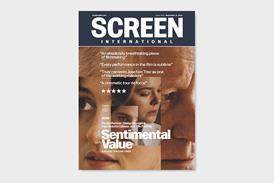

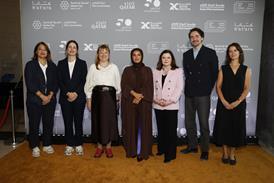
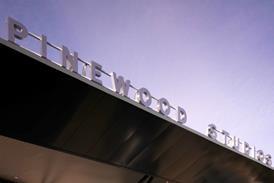

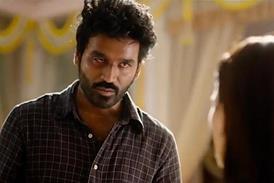




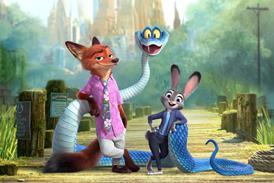




No comments yet